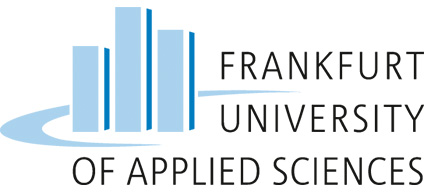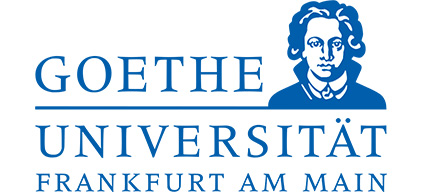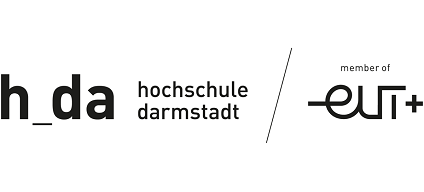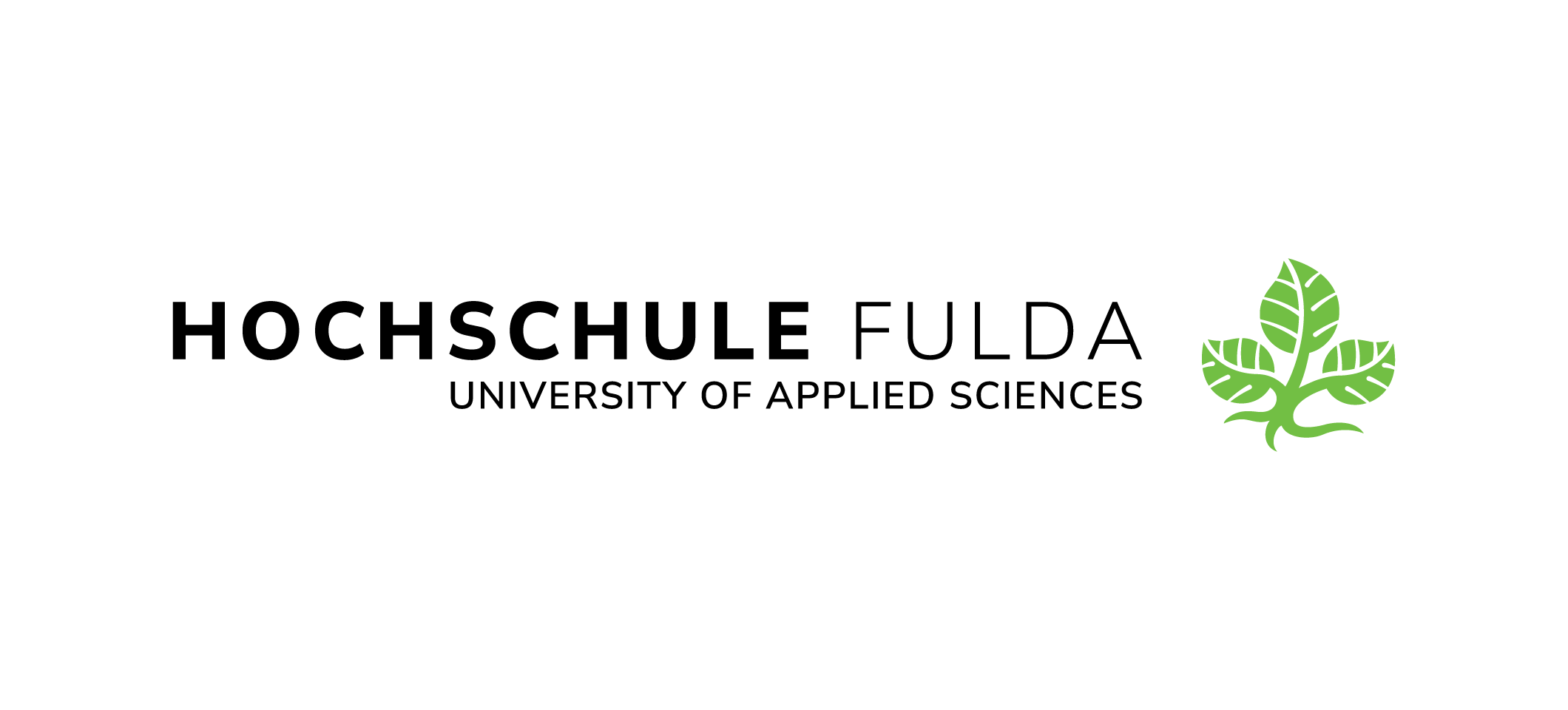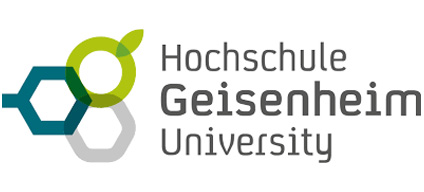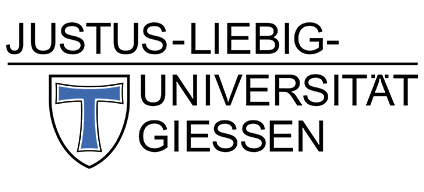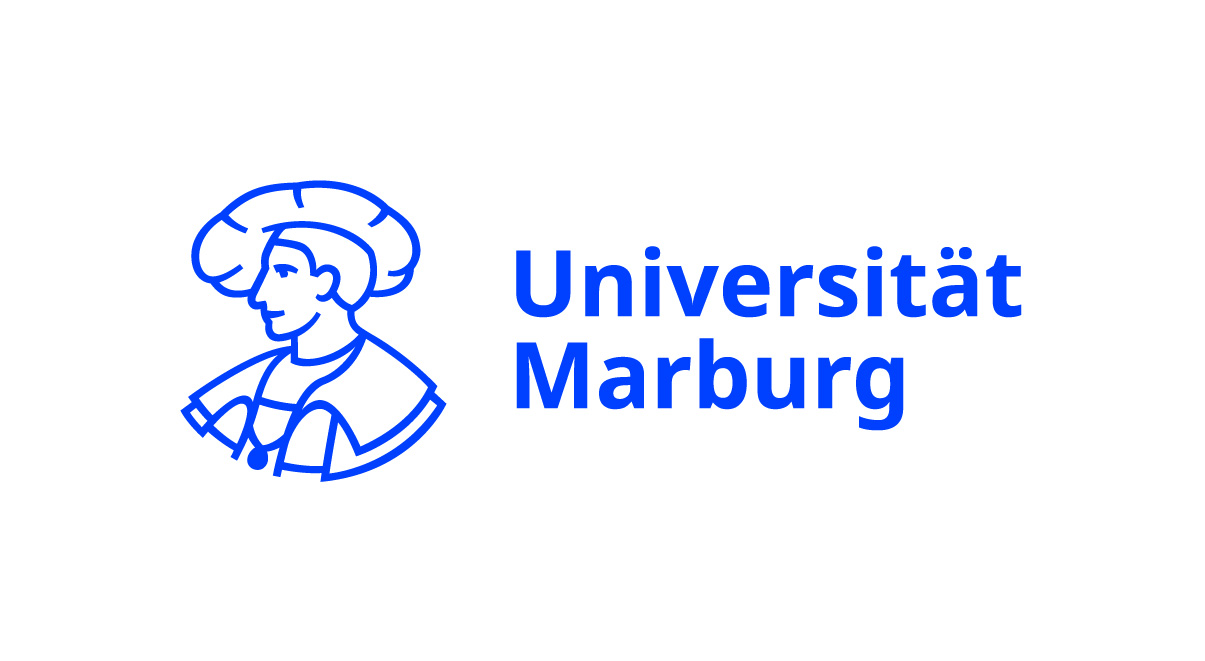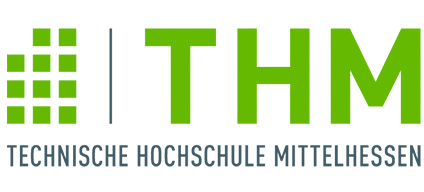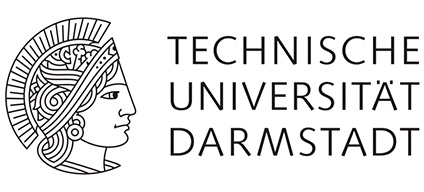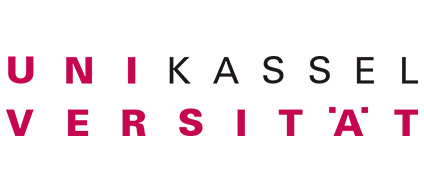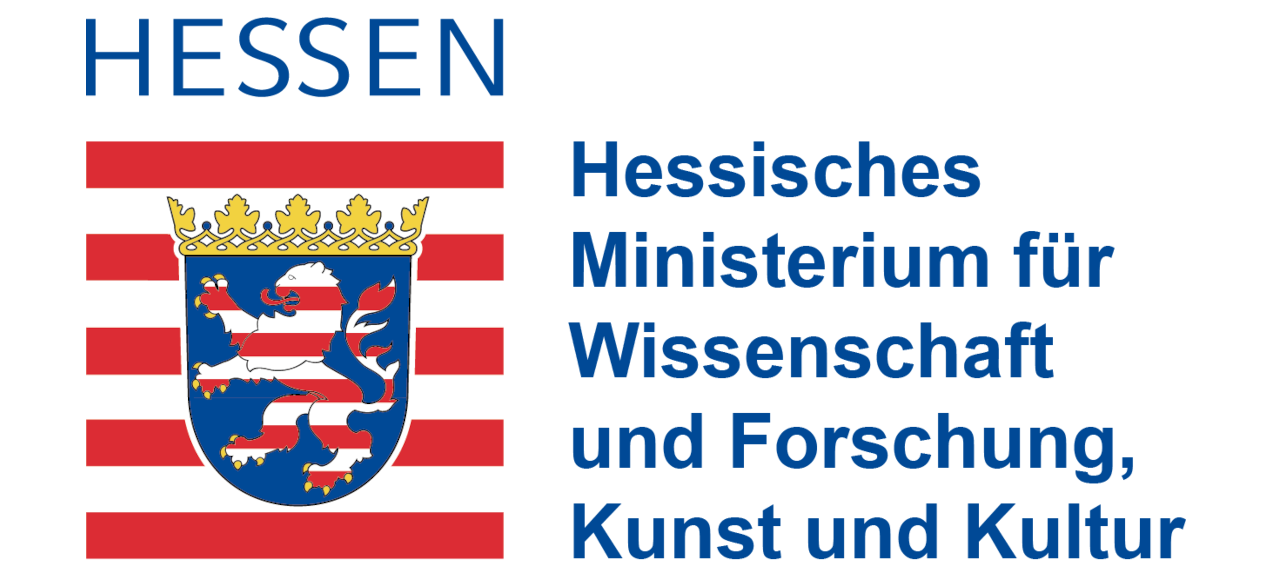Main Content
HeFDI Data Week 2025

First held in 2020 as the HeFDI Plenary and continuously developed since then, the HeFDI Data Week is a permanent annual event organized by the HeFDI network in the context of the nationwide Digital Day (Digitaltag). This year, it consists of two - independently accessible - parts:
HeFDI Data Week 2025 - Data Stewards in Action! Workshop (June 24th)
This year, we start the HeFDI Data Week off with a Live-Event at the Goethe University in Frankfurt am Main, focussing on Data Stewards active in research groups, research projects and research institutions all across Hessen. The workshop offers an opportunity to share best practices, develop solutions, and expand their professional networks.
HeFDI Data Week 2025 - Event Tracks (June 25th-27th)
Our online Event Tracks for all interested parties focus on tools and services for disciplines from NFDI Consortia, Legal Aspects of Research Data Management as well as Research Data Management and ArtificiaI Intelligence! Further information on the tracks will be provided shortly here and via our monthly newsletter - so feel free to register!
Data Stewards in Action! June 24th, 2025
Description
Key Questions
Registration
Publications
Programme
Description
The “Data Stewards in Action” workshop will take place on June 24, 2025, from 9:00 AM to 4:00 PM at Goethe-University Frankfurt. It offers an opportunity for research data management (RDM) professionals in Hessian universities and research institutions to share best practices, develop solutions, and expand their professional networks.
Data stewards play an important role in assisting researchers as they make their way through the complex RDM services and policies as well as the various infrastructures. This workshop is conceived as an interactive forum through which participants will be able to discuss best practices, identify problems and come up with solutions to the challenges facing data stewardship in the region. Using discussions and networking sessions as well as other interactive formats, the participants will get practical understanding of the current developments in the responsibilities of data stewards and the support available at the institutional and national level.
The programme includes spaces for knowledge-sharing such as a poster session and a “Minute Madness” session where attendees can exchange ideas. A World Café will offer a chance to discuss in detail topics such as the definitions of roles, successful strategies for implementation and alignment with service centers facilitating a practical discussion on the realities of data stewardship.
Participants will also learn about resources provided by HeFDI, the NFDI, and local service centers, which will help to promote a more coherent and efficient approach to research data management.
No matter how long you have been working as a data steward, this workshop will help you improve your skills, exchange experiences and engage with other data stewards from Hesse and beyond.
The event will be held in English.
For inquiries, please contact forschungsdaten@ub.uni-frankfurt.de.
Key Questions
- What are the goals, roles and tasks of data stewards? What are the specific needs?
- What specific support services are available (local, HeFDI, NFDI)?
- How do the data stewards wish to cooperate with, but also differentiate themselves from, local service centers and central services?
- What good practice and success stories can be identified?
Fees
Participation in the event is free of charge.
Location
Goethe-University Frankfurt
Campus Westend, Casino Building
Raum 1.802
Grüneburgplatz 1, 60323 Frankfurt am Main
As soon as publications will be available, we will document them here
Tuesday, 24th June 2025
| Topic | Speaker, chair, participants | |
| 08.30 - 09.00 | Welcome Coffee | |
| 09.00 - 09.15 | Opening Session | Dr. Beate LaSala, Goethe Universität Frankfurt |
| 09.15 - 09.45 | Your local Service Centers for RDM, HeFDI and NFDI - benefits for your Data Stewardship | Dr. Ortrun Brand, Marburg University |
| 09.45 - 10.15 | Speed Intro Session - you and your RDM issues | Shortly introduce yourself and highlight your topics, questions and challenges for today |
| 10.15 - 10.30 | Networking Session with Coffee | |
| 10.30-12.00 | Poster Session |
Posters by Data Stewards, research groups, HeFDI Services, and NFDI Consortia. Includes space to discuss pre-submitted concerns and questions from participants. |
| 12.00-13.00 | Lunch Break | |
| 13.00-14.30 |
World Café: |
On our world café tables, we discuss the data stewards' generic and specific needs and topics in depth |
| 14.30 - 15.00 |
Networking Session with Coffee |
|
| 15.00 - 15.45 |
WrapUp: Core results of the World Cafe tables |
|
| 15.45-16.00 |
Outlook and farewell |
Direct access information
Programme
Full description of workshops
On Wednesday, Thursday and Friday (June 25th, 26th and 27th), the HeFDI Data Week continues with event tracks including talks and workshops on Tools and offers for disciplines from NFDI consortia, Legal Aspects of Research Data Management, as well as Research Data Management and Artificial Intelligence!
This offer is accessible online and free of charge. It is aimed at researchers, educators, students, and anyone interested in learning more about FAIR Data and Code, practical tools and available services. The newest developments and challenges coming along with those are presented and discussed with providers and users alike.
If you want to spontaneously join us (or have misplaced the info received at registration), you can join all events with the following access information:
Webconference room (Big Blue Button): https://webconf.hrz.uni-marburg.de/n/rooms/8gw-flh-fi5-rfs/join
Access code for the room: t60zpm
Wednesday, 25th June 2025
Track 1: Discipline Meets Data: Tools and Services for Research Data Management
Effective research data management (RDM) requires solutions tailored to the specific needs of different disciplines. In this track, consortia from the German National Research Data Infrastructure (NFDI) present a range of disciplinary tools and services that support researchers in handling, organizing, and preserving their data. From the humanities to life sciences and engineering, we will highlight and discuss established and emerging support offers. (Note: Event titles may be subject to change.)
| Time | Event title & language | Speaker(s), chair, participant(s) |
| 09h00-10h15 |
Semantic annotation for 3D cultural artefacts: Semantic Kompakkt (MVP) (DE) |
Zoe Schubert (Technische Informationsbibliothek (TIB) Hannover & Stiftung Preußischer Kulturbesitz, Staatsbibliothek zu Berlin) |
| 10h30-11h45 |
Networked past: The NFDI4Memory DataSpace and RADAR4Memory for FAIR research data in the historical sciences (DE) |
Dr. Felix Bach (NFDI4Memory/FIZ Karlsruhe) |
| 12h30-13h45 |
Research Data Management in Engineering - the NFDI4ING service portfolio (DE) |
Thorsten Schwetje, Agnes Kleinhans & Dr.-Ing. Andreas Noback (Technical University of Darmstadt) |
| 14h00-15h15 |
The VAT tool - Visualization, analysis and transformation of spatiotemporal data in research data infrastructures (EN) |
Dominik Brandenstein (NFDI4Biodiversity / Philipps-Universität Marburg) |
Thursday, 26th June 2025
Track 2: Legal and Ethical Aspects of Research Data Management
Researchers working with (sensitive) personal data need to meet a range of legal and ethical requirements. Which support is available for researchers? How can research data be shared, often under restricted access? The track addresses the topic from various disciplinary perspectives, always including theory as well as specific case studies. Speakers have both legal and non-legal backgrounds.
| Time | Event title & language | Speaker(s), chair, participant(s) |
09h00-10h15 |
Research ethics in nursing science - the basis for successful research data management (DE) |
Dr. Andrea Kuhn (Head of & Network Coordinator Health Research Network, Ludwigshafen University of Business and Society) |
| 10h30-11h45 |
Practical Data Protection in Research: Tools, Guidance, and Everyday Solutions (EN) |
Neelam Vishen (University of Mannheim, Base4NFDI Service Steward Data Protection & Anonymisation) |
| 12h30-13h45 |
Between data sharing and data protection: services and experiences of VerbundFDB (DE) |
Anna Thaut (Verbund Forschungsdaten Bildung am DIPF | Leibniz-Institut für Bildungsforschung und Bildungsinformation) |
| 14h00-15h15 |
Research Data Management and the multiple layers of law (DE) |
Dr. Oliver Vettermann (FIZ Karlsruhe) |
Friday, 27th June 2025
Track 3: Research Data Management (RDM) and AI
The track on data management and artificial intelligence covers a broad field: on the one hand, it looks at specific tools such as noScribe that can support data analysis. On the other hand, it also looks at how generative AI can support research data management in general. The use of AI in biomedical engineering is also considered as a more specific use case. The general lecture on whether and to what extent science and machines can really work together will be the crowning finale. (Note: Event titles may be subject to change.)
| Time | Event title & language | Speaker(s), chair, participant(s) |
| 09h00-10h15 |
noScribe - AI based transcription: secure, free, and open source (DE) |
Dr. Kai Dröge (Hochschule Luzern / Institut für Sozialforschung der Goethe-Universität Frankfurt) |
| 10h30-11h45 |
„FAIReinfacht – How can generative AI support Research Data Management? (EN) |
Prof. Dr. Sandra Geisler (RWTH Aachen University) |
| 12h30-13h45 |
From Simulation to Prediction: AI and Synthetic Data in Biomedicine (EN) |
Silvia Becker (Institute of Biomedical Engineering, KIT) |
| 14h00-15h15 |
Please meet AI, our dear new colleague. In other words: can scientists and machines truly cooperate? (EN) |
Dr. rer. nat. Thomas Arnold (UKP Lab, Technical University Darmstadt) |
Full descriptions of our workshops
Wednesday, 25th June 2025 - Track 1: Discipline Meets Data: Tools and Services for Research Data Management
"Semantic annotation for 3D cultural artefacts: Semantic Kompakkt (MVP)" (09h00-10h15)
Presenter: Zoé Schubert (Technische Informationsbibliothek (TIB) Hannover & Stiftung Preußischer Kulturbesitz, Staatsbibliothek zu Berlin)
Language: German
This presentation introduces Semantic Kompakkt, a tool developed within NFDI4Culture to support the semantic annotation of multi-dimensional cultural artifacts in 3D. Building on the existing webapp Kompakkt and enhanced through integration with Wikibase, Semantic Kompakkt enables cultural heritage objects to be enriched with structured, meaningful information. This makes it easier to explore, document, and share complex visual data in a way that reflects the depth of cultural contexts: annotate with things not strings.
Networked past: The NFDI4Memory DataSpace and RADAR4Memory for FAIR research data in the historical sciences (10h30-11h45)
Presenter: Dr. Felix Bach (NFDI4Memory/FIZ Karlsruhe)
Language: German
This presentation offers an overview of the emerging NFDI4Memory DataSpace, which is currently under development. Particular emphasis will be placed on RADAR4Memory, a research data repository designed to support FAIR principles in historical scholarship. The talk will explore how these infrastructures aim to facilitate sustainable, interoperable, and trustworthy handling of research data in the historical sciences.
Research Data Management in Engineering - the NFDI4ING service portfolio (12h30-13h45)
Presenters: Thorsten Schwetje, Agnes Kleinhans & Dr.-Ing. Andreas Noback (Technical University of Darmstadt)
Language: German
This presentation will provide information on the NFDI consortium for the engineering sciences (NFDI4ING). NFDI4ING supports research data management in all engineering research areas, from architecture to thermodynamics, from modeling and simulation to one-of-a-kind experiments. Particular focus will be on the services provided by the consortium, including our helpdesk, OA publication platform ing.grid, as well as searches for research software engineering, repositories and more.
The VAT tool - Visualization, analysis and transformation of spatiotemporal data in research data infrastructures (14h00-15h15)
Presenter: Dominik Brandenstein (NFDI4Biodiversity / Philipps-Universität Marburg)
Language: English
Spatiotemporal data is highly relevant within many research communities, offering valuable insights into how changes occur over time and space. NFDI4Biodiversity is one such community, where, e.g., understanding how changes to the environment of different species over time correlate with changes to their spatial distribution, is an essential task. Performing these sorts of analyses involving heterogeneous datasets from various sources requires harmonizing them and making them easily reusable for research experts, which is one of the core promises of a FAIR research data infrastructure.
This has been our motivation for developing our VAT tool, which is already integrated into NFDI4Biodiversity today. However, the VAT design is not limited to a specific application context but allows integration into other environments by implementing common OGC standards for spatiotemporal data exchange. In addition, the VAT tool specifically focuses on enabling non-technical users to derive new insights from spatiotemporal data by offering an easy, interactive, and exploratory user experience. At its core, all data processing steps are modeled as workflows, which are dynamic and highly reusable. They enable users to define and execute processing pipelines in arbitrary time and space contexts. The VAT tool offers a curated catalog of predefined workflows to simplify the construction of complex analyses. The workflow concept additionally facilitates the use of machine learning. Training data can be preprocessed by constructing a workflow whose output is used as input to a machine learning model training process. Trained models can then again be applied to data within workflows. This talk will give you an overview of what is possible with the VAT tool today and where it is headed in the future.
Thursday, 26th June 2025 - Track 2: Legal and Ethical Aspects of Research Data Management
Research ethics in nursing science - the basis for successful research data management (09h00-10h15)
Presenter: Dr. Andrea Kuhn (Health Research Network/ Ludwigshafen University of Business and Society)
Language: German
The historically evolved research ethics are continued in modern research data management. Good scientific practice is interwoven with legal and ethical aspects throughout the entire research process. Research ethics reflect the research process. It protects the autonomy of research participants, supports them, protects them from harm, answers questions of justice and clarifies responsibility. Case studies show why research ethics clearing is essential for successful research - not only in nursing science.
Practical Data Protection in Research: Tools, Guidance, and Everyday Solutions (10h30-11h45)
Presenter: Neelam Vishen (BASE4NFDI / University of Mannheim)
Language: English
Data protection can feel overwhelming, but it doesn't have to be. This session offers practical guidance drawn from hands-on experience in research data management (RDM), including tools, examples, and helpful resources. Whether you're just getting started or refining existing practices, the focus is on supporting everyday research work with clarity and confidence.
Between data sharing and data protection: services and experiences of VerbundFDB (12h30-13h45)
Presenter: Anna Thaut (KonsortSWD/Verbund Forschungsdaten Bildung am DIPF)
Language: German
The German Network of Educational Research Data (VerbundFDB), founded in 2013, is a coordinated network of research data centres and institutions from the field of empirical educational research. It provides services for data sharing, searching, and offers information, support, and training on research data management. Its goal is to promote data sharing and Open Science in educational research.
In the first part of the presentation, we will introduce the VerbundFDB and its central services. A special focus will be on the research data centres as part of the research data infrastructure, which enable researchers to provide sensitive data in compliance with data protection regulations.
In the second part, we will present selected data protection-related challenges that are repeatedly observed in the advisory practice at VerbundFDB. Specific examples are used to highlight typical pitfalls and provide tips on how to deal with these challenges in research practice.
Research Data Management and the multiple layers of law (14h00-15h15)
Presenter: Dr. Oliver Vettermann (FIZ Karlsruhe)
Language: German
Research data and law share a common trait: they are abstract concepts and thus multifaceted. They can only truly be grasped through concrete examples and specific situations. This presentation will therefore use two examples to provide insight into the complex legal assessment of RDM issues and demonstrate that it is not just about copyright.
Friday, 27th June 2025 - Track 3: Research Data Management (RDM) and AI
noScribe - AI based transcription: secure, free, and open source (09h00-10h15)
Presenter: Dr. Kai Dröge (Hochschule Luzern / Institut für Sozialforschung der Goethe-Universität Frankfurt)
Language: German
Transcribing interview recordings is a necessary but tedious step in many forms of social research. AI-supported speech recognition promised to facilitate this, but was often expensive and/or questionable in terms of data protection.This changed when OpenAI, the company behind ChatGPT, published an open-source AI model for speech recognition that is one of the best currently available in the field. It is free and, above all, can run locally on your own computer. Kai Dröge's software "noScribe", also available free and open source, is based on this AI model and specifically tailored to the transcription of qualitative interviews. In the workshop, he will demonstrate this software and discuss possibilities and limitations of AI-supported transcriptions in qualitative social research.
„FAIReinfacht – How can generative AI support Research Data Management? (10h30-11h45)
Presenter: Prof. Dr. Sandra Geisler (RWTH Aachen University)
Language: English
FAIR Research Data Management in interdisciplinary large-scale projects is very challenging. Data formats, acquisition processes, and infrastructure are highly heterogeneous. Furthermore, many tasks in FAIR RDM are tedious and complex for the researchers. In this talk, we will discuss the potentials of generative AI to support FAIR RDM on examples from a large-scale project.
From Simulation to Prediction: AI and Synthetic Data in Biomedicine (12h30-13h45)
Presenters: Silvia Becker (Institute of Biomedical Engineering, KIT)
Language: English
Artificial intelligence is transforming biomedicine, but the success of machine learning models depends on access to large, high-quality datasets. These are often difficult to obtain in healthcare due to privacy concerns, variability and challenges in annotation. This talk will explore how synthetic data, particularly electrocardiograms (ECGs) generated through electrophysiological simulations, can be used as a powerful tool to overcome these limitations. We will look at how synthetic data can complement real-world datasets, improve model generalization and facilitate learning in rare or underrepresented scenarios.
We will provide examples to illustrate how synthetic data is being used to train deep learning models for a variety of biomedical applications. The talk will also highlight the potential of this approach, including its scalability and controllability, while addressing key challenges such as ensuring physiological authenticity and closing the domain gap between synthetic and clinical data. Ultimately, we will explore how synthetic data can help to bridge the gap between computational modeling and real-world clinical AI applications.
Please meet AI, our dear new colleague. In other words: can scientists and machines truly cooperate? (14h00-15h15)
Presenter: Dr. Thomas Arnold (Technical University Darmstadt)
Language: English
As in many professional fields, the question arises in science as to what a future division of labour between AI and scientists could and should look like. With their 'AI Scientists', Lu et al. (2024) promise a fully automated research process carried out solely by large language models. The AI scientist works faster and more cost-effectively than the human counterpart, but so far also without taking (research) ethical concerns into account. In conclusion, the most likely and desirable outcome does not seem to be the abandonment of humans in research, but rather cooperation between AI and human scientists. AI could take over routine and painstaking work and serve as a brainstorming partner. There would be great potential here for all disciplines; the exact form should be set out in subject-specific guidelines.
